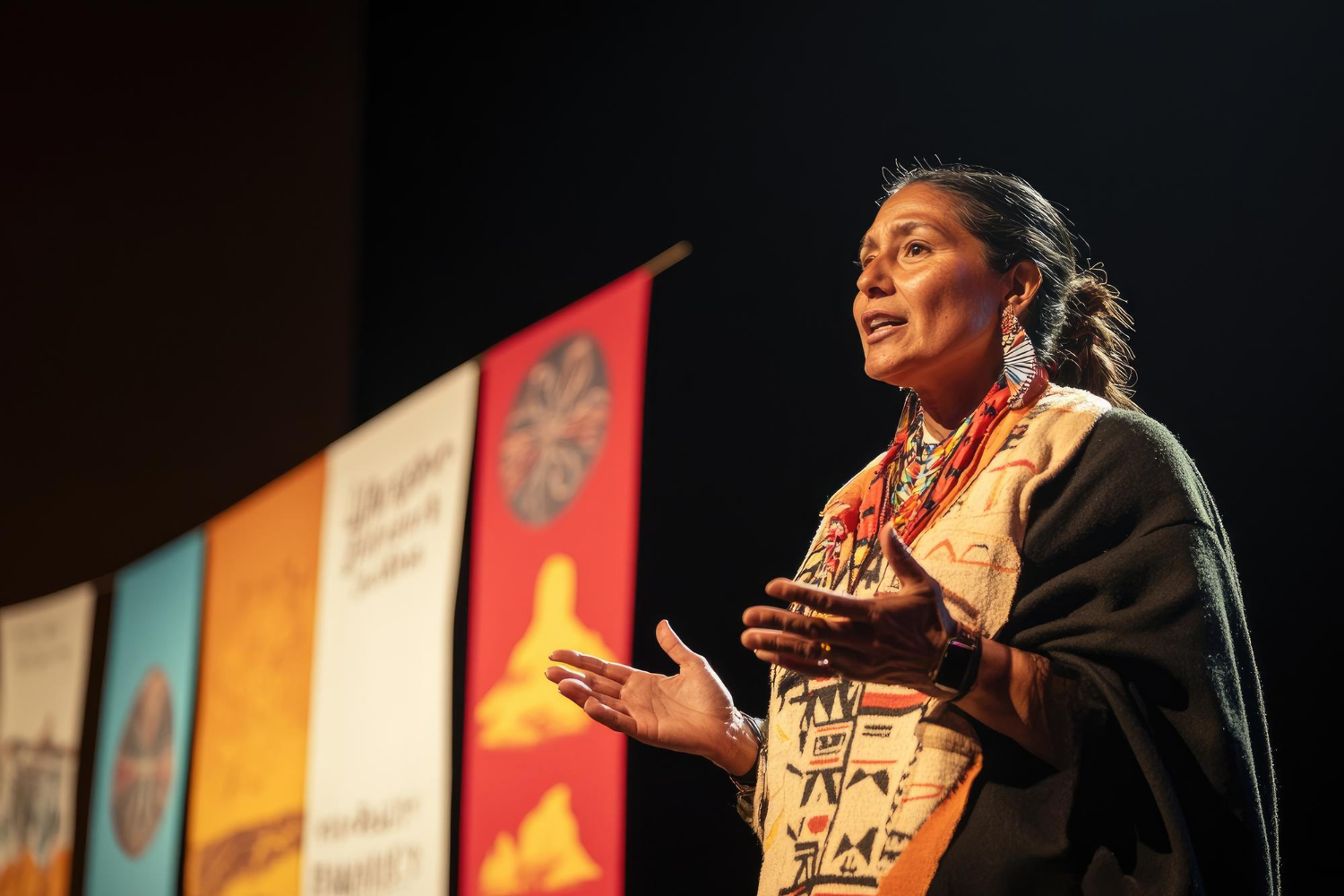Chicano culture, with its rich history and vibrant traditions, continues to evolve in exciting and empowering ways. Across California, and especially within the Inland Empire, Chicano storytellers are reclaiming their narratives, preserving traditions, and inspiring a new generation to connect with their roots. These modern creators—spanning writers, oral historians, and spoken-word artists—are shaping what it means to be Chicano in today’s world while keeping the spirit of their ancestors alive.
The Narrative Power Behind Storytelling
Storytelling has always been a vital part of Chicano culture, serving as a means to share experiences, preserve history, and inspire collective action. For Riverside Chicano storytellers, storytelling is not just about recounting tales—it is about reclaiming agency in how their identity is portrayed. With systemic challenges and misrepresentation often shaping the public perspective, local Chicano creators are crafting authentic narratives that highlight their struggles, resilience, and triumphs. Through their work, they are redefining identity by centering the voices of those often overlooked, ensuring that the Chicano story is told with honesty and dignity.
Cultural Preservation Through Storytelling
Cultural preservation is inseparable from storytelling. Local creators in California’s Inland Empire use their words and performances as tools to safeguard traditions that might otherwise fade amid modernity. From folk tales passed down in Spanish to bilingual poetry that speaks to bicultural experiences, these efforts ensure that the essence of Chicano heritage endures. Writers like David A. Romero have embraced spoken word to explore themes of family, migration, and identity, while other storytellers incorporate indigenous traditions, such as Nahuatl storytelling, into their work to strengthen ties to ancestral roots.
Oral History as a Link Between Generations
Oral history has long been a foundation of Chicano culture, passing knowledge and wisdom through the generations. Today, Inland Empire Latino oral history projects are blossoming, documenting the stories of elders and transforming them into powerful educational resources. One initiative based in Riverside, spearheaded by advocate and historian Dr. Maria Herrera, specializes in preserving the stories of first-generation Chicano families. Such projects give voice to the lived experiences of farmworkers, community organizers, and activists whose contributions might otherwise go unrecorded. These efforts bridge generational divides, reminding young Chicanos of the sacrifices their ancestors made and inspiring them to carry these lessons forward.
The Local Impact of Chicano Storytelling
The Inland Empire is home to an array of creatives who use storytelling as a vehicle for change and empowerment within the Chicano community. Spoken-word artist Gabriel San Román, for instance, fuses poetry and performance to illuminate issues such as systemic inequality and cultural erasure, creating a space where young people feel seen and validated. Riverside’s own Barrio Writers program provides a creative outlet for Chicano youth, encouraging them to explore their cultural identity through writing workshops and public readings. By fostering spaces where community voices are heard, these creators are effecting lasting change and inspiring others to share their own personal stories.
Featured Voices Driving the Movement
Several Chicano storytellers in the Inland Empire are leading the charge toward cultural empowerment. Among them is Mikki Madrigal, a visual artist and poet from San Bernardino whose work centers on the intersection of queer and Chicano identity. Mikki’s raw and unapologetic pieces boldly challenge stereotypes while highlighting intersectionality within the Chicano community. Another impactful name is Elena Lopez, a memoirist based in Riverside whose writings focus on the experiences of Chicana women navigating life, motherhood, and generational trauma. Lastly, the group Riverside Storytellers features a collective of spoken-word poets who amplify local voices on topics ranging from barrio life to environmental justice, offering a refreshing perspective on the modern Chicano experience.
Keep Our Culture Alive
Chicano culture thrives when we share, explore, and celebrate it together. Whether through art, language, history, or everyday experiences, we each play a part in preserving our heritage. Join the movement—learn about our stories, uplift our voices, and pass on the traditions that shape who we are. Together, let’s keep Chicano identity strong for future generations.



